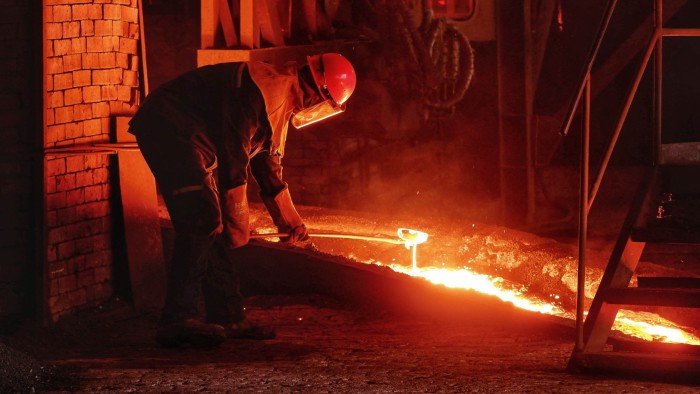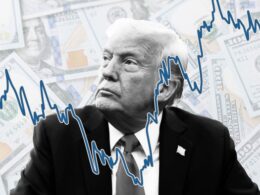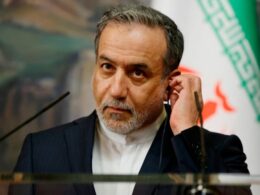Stay informed with free updates
Simply sign up to the EU trade myFT Digest — delivered directly to your inbox.
The EU and Indonesia have concluded talks on a trade deal and plan to sign it next week as they accelerate efforts to reduce their dependence on China and the US.
European trade commissioner Maroš Šefčovič is scheduled to travel to Indonesia to ink the agreement on September 23, according to officials in Brussels and Jakarta.
US President Donald Trump’s import tariffs on both accelerated the talks. Washington has forced Jakarta to accept a 19 per cent rate across the board and Brussels to agree to a 15 per cent rate on most products.
Indonesia, a fast-growing economy of almost 300mn people, is a key priority for the EU. It has a growing consumer market and big reserves of raw materials vital for the green industrial transition.
The bloc is Indonesia’s fifth largest trading partner, with trade between the two reaching about $30bn last year.
Jakarta has said the agreement will grant 80 per cent of Indonesia’s export commodities a zero per cent tariff within one to two years of its implementation.
Indonesia is a resource-rich country, and the world’s top exporter of palm oil and nickel, which is critical to the production of electric vehicle batteries.
Airlangga Hartarto, Indonesia’s coordinating minister for economic affairs, said earlier this month that the agreement should be signed on 23 September, according to state-run news agency Antara.
Negotiations between the EU and Indonesia, south-east Asia’s largest economy, have been ongoing for nine years. Indonesia has cited the complexity of the agreement as the reason the talks dragged on so long.
Indonesia expects key commodities to benefit from the agreement, including palm oil, fatty acids, copper ore and footwear.
Indonesia will lower tariffs on EU industrial and agricultural exports such as cars and machinery.
Ursula von der Leyen, European Commission president, called for a swift deal in July after meeting President Prabowo Subianto of Indonesia.
“The agreement will open new markets and create more opportunities for our businesses. It will also help strengthen the supply chains of critical raw materials, essential for Europe’s clean tech and steel industry,” she said.
The deal should also encourage European investment in Indonesia, where Chinese companies dominate the steel and mining industry.
The agreement includes a commitment to the 2015 Paris agreement to cut carbon emissions, as well as other environmental and labour protections.
However, tensions remain over EU unilateral green polices. Jakarta is still asking for relief from a deforestation law that will take effect at the end of the year. Palm oil plantations will have to prove they are not occupying recently deforested land and the Indonesian government says small farmers will struggle to comply with the paperwork.
The two are also locked in disputes at the World Trade Organization. The EU has complained about Indonesia’s nickel export restrictions. Indonesia recently won a victory against countervailing EU duties on its biofuels.
The EU concluded a deal with the Mercosur bloc in South America in December and is in talks with several other countries including India, Malaysia, the Philippines and Australia.
The Indonesia deal will have to be ratified by a weighted majority of EU member states and the European parliament. Green groups and farmers are likely to lobby against it, but Indonesia does not export the most sensitive agricultural goods such as beef, sugar and dairy.
The process is likely to take at least a year. The deal also includes a new investor dispute settlement system, but that will only take effect when all 27 member state parliaments ratify the deal.
An Indonesian trade ministry official told the Antara news agency that he expected Jakarta’s ratification process to take one to two months.
Source link









